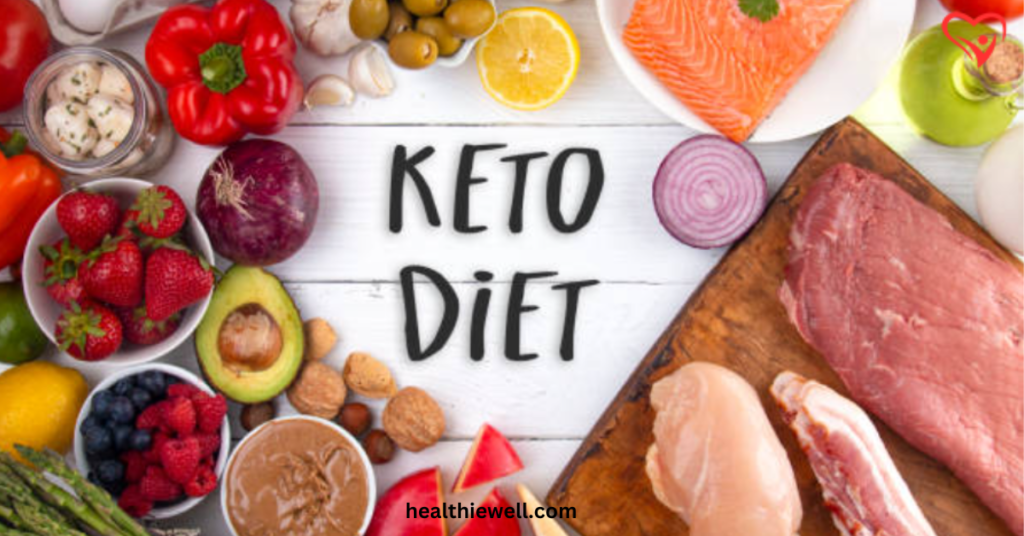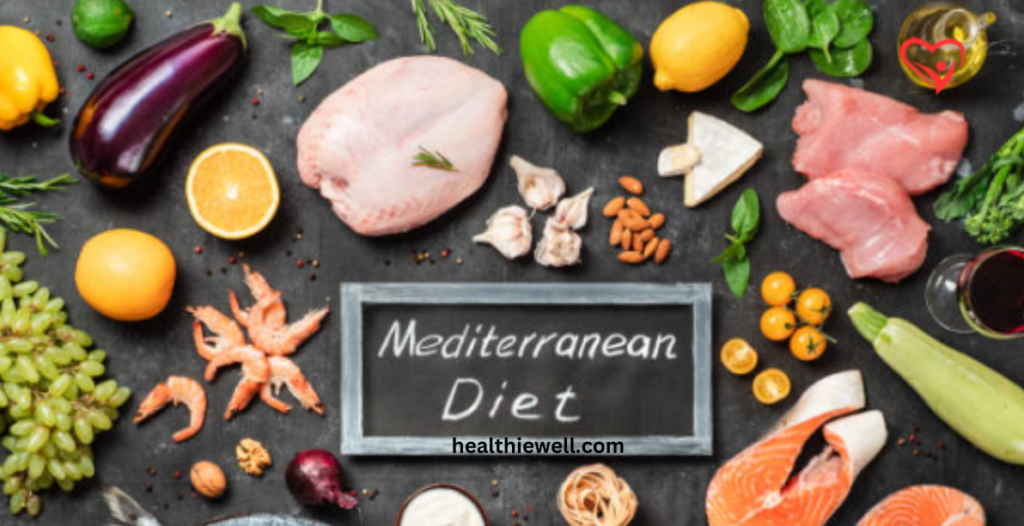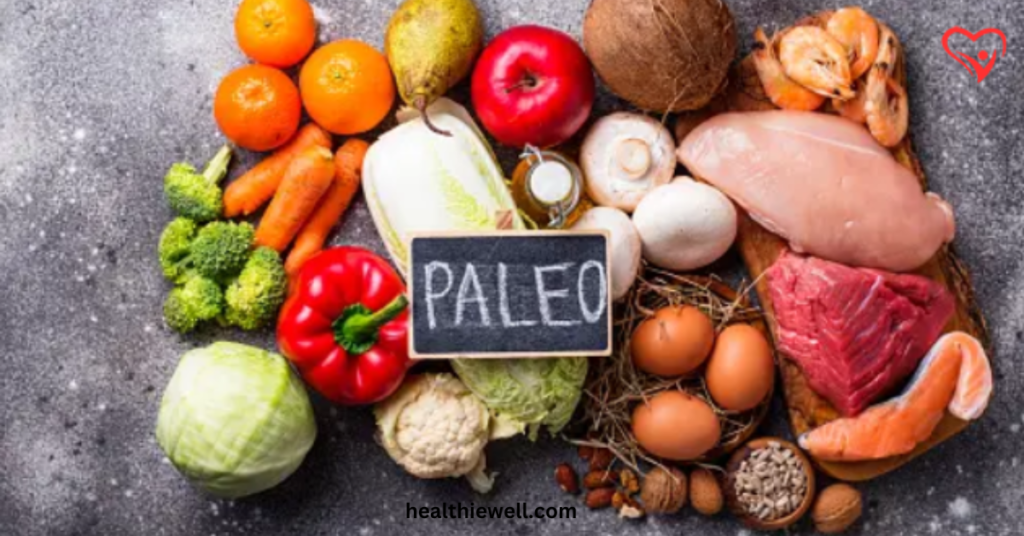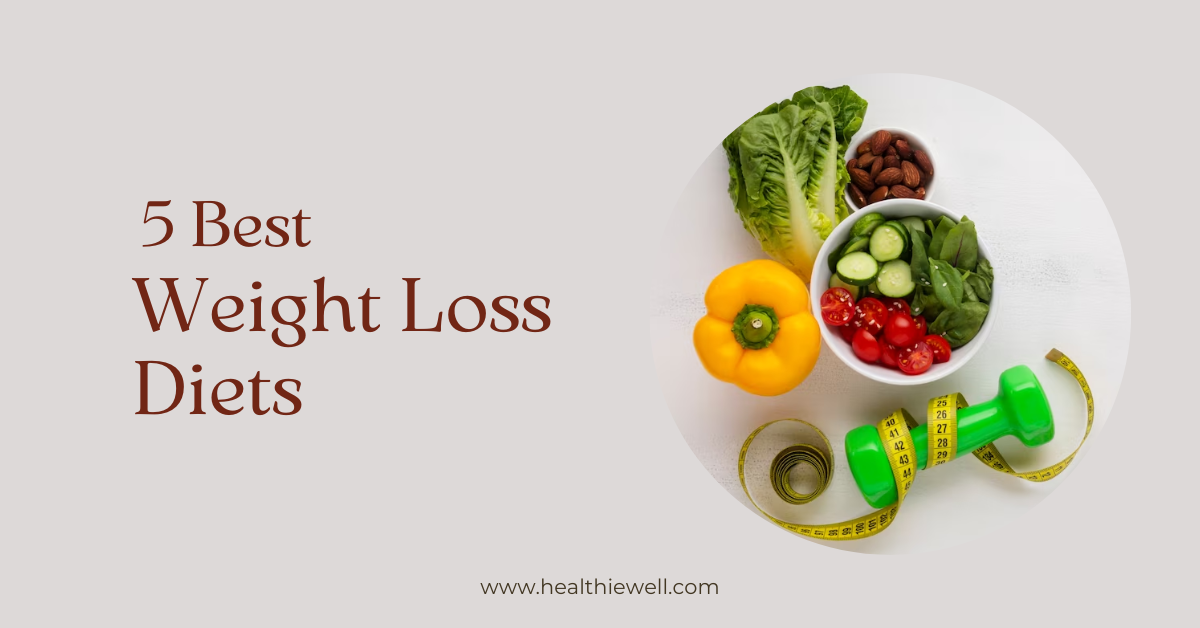Are you trying to shed those stubborn pounds and achieve your dream body? Exercise and a well-balanced diet plan are essential for successful weight loss. With abundant weight loss diets flooding the market, finding the right one can be overwhelming. In this article, we’ll explore the top five best weight loss diets of the year, backed by science and proven to yield results. So, let’s dive in and discover the perfect diet for your weight loss journey!
Read more : Why are bodyweight exercises harder than weights?
The Importance of Choosing the Right Weight Loss Diet
Weight loss is a big decision that can have a big impact on your overall health and well-being. A well-chosen diet can help you shed excess weight, improve energy levels, boost metabolism, and reduce the risk of chronic diseases.
To assist you in making an informed choice, here are the top five best weight loss diets of the year, each offering unique approaches to achieve your desired results.
Ketogenic Diet: A Low-Carb Approach to Weight Loss
What is the Ketogenic Diet?
The Ketogenic Diet, often called the Keto Diet, is a low-carb, high-fat diet designed to induce a state of ketosis in the body. This metabolic state shifts the body’s primary fuel source from carbohydrates to fats, leading to rapid weight loss.
How does it work for weight loss?
By significantly reducing carbohydrate intake, the body enters ketosis, burning stored fats for energy. This process promotes weight loss and helps stabilize blood sugar levels.

Potential benefits and risks
According to research, the ketogenic diet may help you lose weight, improve your heart health, and even get more clear about your mind। However, if followed correctly, it may only suit some and can lead to nutrient deficiencies.
Read more : Developing grip strength with sweaty hands when doing pull-ups
Tips for following the Ketogenic Diet
- Before starting a diet program, consult a doctor.
- Focus on healthy fats and incorporate green leafy vegetables.
- Stay well-hydrated and monitor your body’s response regularly.
Mediterranean Diet: Embracing Healthy Fats and Whole Foods
What is the Mediterranean Diet?
The Mediterranean Diet is inspired by the traditional dietary patterns of people living in countries bordering the Mediterranean Sea. It emphasizes whole foods, healthy fats, lean proteins, and abundant fruits and vegetables.

How does it promote weight loss?
The diet’s focus on nutrient-dense foods and healthy fats supports sustainable weight loss and overall well-being.
Read more : Understanding Weight Loss Pills: Mechanisms, Safety & Choosing Wisely
Potential benefits and risks
The Mediterranean Diet is associated with numerous health benefits, including weight management, reduced risk of heart disease, and improved cognitive function. However, portion control and mindful eating are essential to prevent overeating.
Tips for adopting the Mediterranean Diet
- Include olive oil, nuts, and fatty fish in your meals.
- Reduce red meat consumption and opt for whole grains.
- Savor your meals and enjoy the social aspect of dining.
Paleo Diet: Going Back to Our Ancestral Roots
What is the Paleo Diet?
The Paleo Diet, also known as the Caveman Diet, is based on the dietary habits of early humans. It emphasizes whole, unprocessed foods, excluding grains, legumes, and dairy.

How does it aid in weight loss?
Eliminating processed foods and grains can lead to weight loss and reduced inflammation in the body.
Read more : Ice Drink Hack for Weight Loss: Debunking Myths and Science Behind It
Potential benefits and risks
The Paleo Diet promotes weight loss, regulates blood sugar levels, and supports muscle growth. However, critics argue that its restrictive nature may lead to nutritional imbalances.
Tips for adhering to the Paleo Diet
- Prioritize lean meats, fish, and poultry.
- Fill your plate with fresh fruits and vegetables.
- Experiment with paleo-friendly alternatives to traditional dishes.
Intermittent Fasting: Cycling Between Eating and Fasting
What is Intermittent Fasting?
Intermittent Fasting involves alternating periods of eating and Fasting, ranging from several hours to days.

How does it contribute to weight loss?
Intermittent Fasting can lead to a calorie deficit, promoting weight loss while preserving lean body mass.
Potential benefits and risks
Intermittent Fasting is linked to weight loss, improved metabolism, and cellular repair processes. However, it may not be suitable for individuals with certain medical conditions or those who struggle with eating disorders.
Tips for practicing Intermittent Fasting
- Start with shorter fasting periods and gradually increase them.
- Stay hydrated and consume nutrient-rich foods during eating windows.
- Listen to your body and adjust the fasting schedule accordingly.
Vegan Diet: Plant-Powered Weight Loss
What is a Vegan Diet?
The Vegan Diet excludes all animal products and focuses solely on plant-based foods.
How does it support weight loss?
A Vegan Diet is naturally low in calories and saturated fats, making it conducive to weight loss.
Potential benefits and risks
A well-planned Vegan Diet can lead to weight loss, lower cholesterol levels, and reduced risk of certain cancers. However, it requires careful attention to ensure sufficient essential nutrients like vitamin B12 and iron intake.
Tips for Adopting a Vegan Diet
- Include a variety of plant-based protein sources, such as legumes, tofu, and tempeh.
- Consume fortified foods or supplements for vital nutrients.
- Experiment with new recipes to keep your meals exciting and satisfying.
Conclusion
Embarking on a weight loss journey is a personal decision, and finding the proper diet that aligns with your preferences, lifestyle, and health needs is crucial. The top five best weight loss diets of the year offer diverse approaches to achieving your desired goals, whether you prefer a low-carb, high-fat diet like Keto or a plant-powered system like Veganism.

